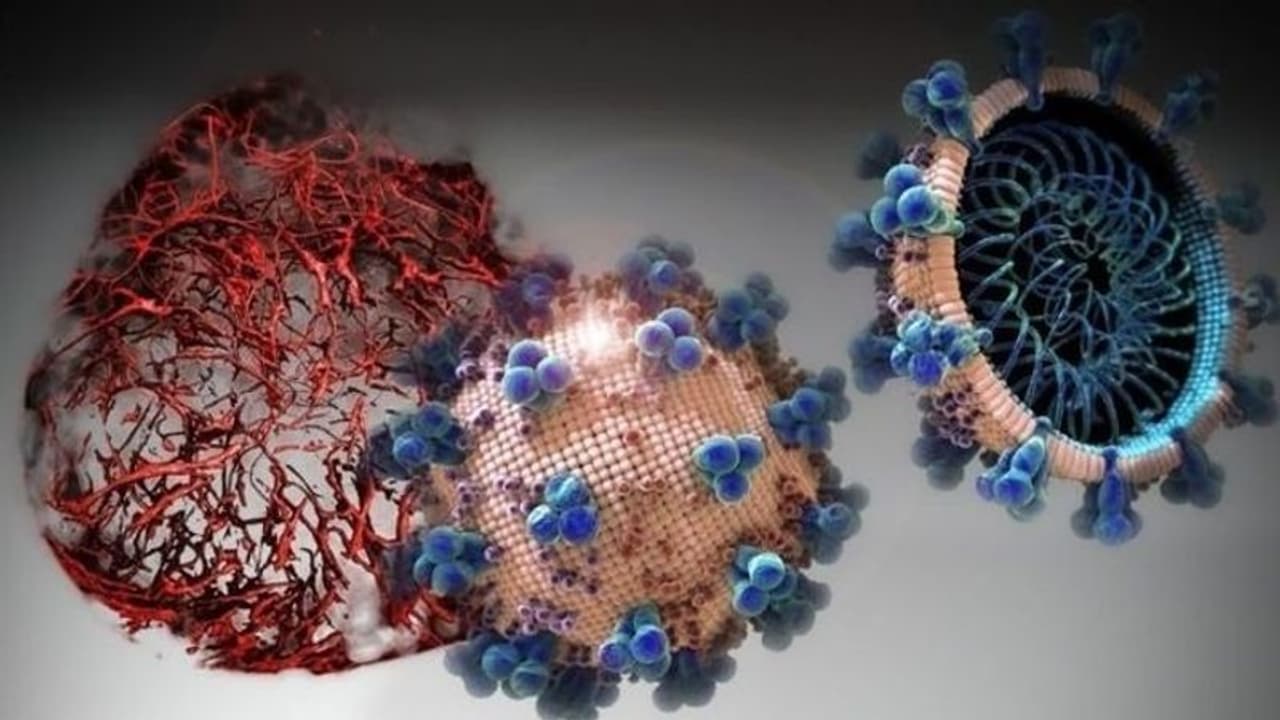Have you ever wondered if your child is being affected with all the negativity about COVID-19 going around in the world? It is very essential to keep your kids positive during such crisis. Dr Sreenath Manikanti tells you how you can keep your kids mentally safe and healthy.
Bengaluru: Many schools have been shut across the world to contain the spread of novel coronavirus (COVID-19). Though data suggests that children are less likely to get sick from COVID-19, they still can spread the disease to other vulnerable groups.

As public awareness and conversations around coronavirus increase, kids may worry about themselves, their family members and friends getting sick with COVID-19. Parents, family members, teachers, healthcare professionals and the trusted adults play a significant role in helping kids make sense of what they hear in a way that is honest, accurate and minimise their fear or anxiety.
General principles while talking to kids about coronavirus:
1. Stay calm and reassuring.
2. Remember that kids will react to both what you say and how you say it!
3. Kids will pick up cues from the conversations you have with them and with others.
4. Patiently listen to what they say and allow them to ask questions
5. Avoid using words that might blame others and lead to stigma.
6. Remember that these viruses can make anyone sick. Avoid making assumptions about who might have COVID-19.
7. Pay attention to what kids see or hear on television, radio, or online.
8. Reduce the amount of screen time for kids focused on COVID-19. Too much information on any one topic can lead to anxiety and worry.
9. Provide information to kids that is honest and accurate.
10. Give kids information that is truthful and appropriate for the age and developmental level of the child.
11. Talk to kids about how some stories on COVID-19 on the Internet and social media may be based on rumours and inaccurate information.
12. Teach kids everyday actions to reduce the spread of germs.
Also read: Nearly 20 COVID-19 patients in Gujarat on ventilator support
Teach Do’s and Don'ts at home, schools and play areas
Do’s:
1. Stay 6 feet away from people who are coughing or sneezing or sick.
2. Cough or sneeze into a tissue or their elbow and then throw the tissue into the closed bin.
3. To wash hands with soap and water for at least 20 seconds, especially after blowing their nose, coughing, or sneezing; after using the restroom; and before eating or preparing food.
4. If soap and water are not available, teach them to use hand sanitiser.
Don'ts:
1. Avoid touching mouth, nose, eyes and face with unclean hands
2. Avoid coughing or sneezing into hands
3. Avoid crowded places
4. Avoid touching surfaces in public places and play areas unnecessarily
Points for discussions with kids about COVID-19:
Keep information simple and reassure them that health and school authorities are working very hard to keep everyone safe and healthy.
What is COVID-19?
COVID-19 is the short name for “coronavirus disease 2019.”
It is a new virus. Doctors are still learning more about it.
Recently, this virus has made a lot of people sick. Doctors and scientists think that most people will be ok, especially kids, but some people might get pretty sick.
Doctors and experts are working hard to help people stay healthy.
Also read: Fact check: Can air conditioners spread coronavirus?
What can I do so that I don’t get COVID-19?
You can practice healthy habits at home, school, and play to help protect against the spread of COVID-19:
Cough or sneeze into a tissue or your elbow. If you sneeze or cough into a tissue, throw it in the dustbin right away.
Keep your hands out of your mouth, nose, and eyes. This will help keep germs out of your body.
Wash your hands with soap and water for at least 20 seconds. If you don’t have soap and water, use hand sanitiser to clean the germs.
Keep things clean.
If you have cough and fever, stay home. Just like you don’t want to get other people’s germs in your body, other people don’t want to get your germs either.
If you are old enough you can help adults at home and school clean things that we touch the most, like desks, doorknobs, light switches, and remote controls.
What happens if I get sick with COVID-19?
COVID-19 can look different in different people. From what doctors have seen so far, most kids don’t seem to get very sick. Being sick with COVID-19 would be a little bit like having the flu. Kids may get a fever, cough, or have a hard time taking deep breaths. Most people who have gotten COVID-19 have not gotten very sick. Only a small group of people who get it have had more serious problems.
If you suspect your child may have COVID-19, call govt of India helpline +91-11-23978046 or contact nearest healthcare facility to let them know before you bring your child in to see them.
(Author - Dr Sreenath Manikanti is a senior consultant neonatologist and HOD at Fortis La Femme Hospital, Richmond Road, Bengaluru)
